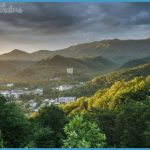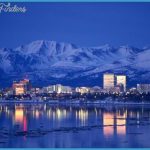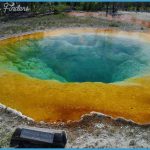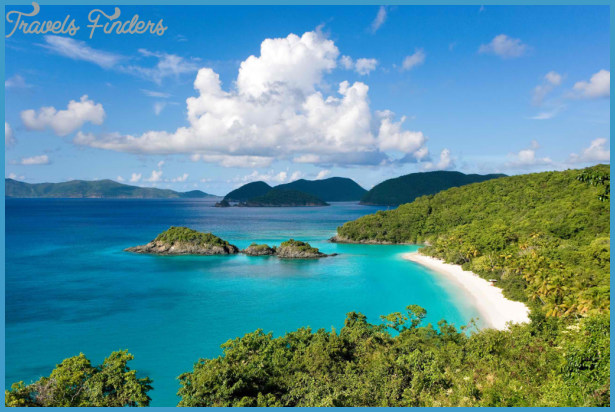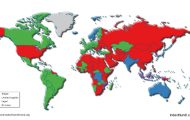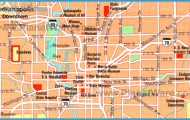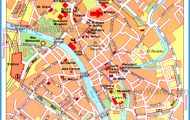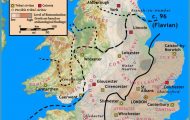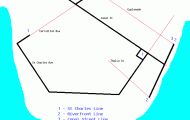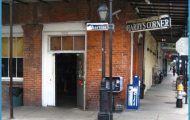BEAR HEAD LAKE STATE PARK
LENGTH 4.2 miles
TIME 2:30
DIFFICULTY Moderate-Difficult
ROUTE-FINDING Easy-Moderate
MAPS & PERMITS DNR Bear Head Lake State Park map. USGS quad: Eagles Nest. A Country State Park permit is required.
GETTING THERE Turn left off County Road 128, 6 miles from Country State Highway 169. Drive 0.3 mile to the Backpack Camping parking lot.
TRAILHEAD GPS 47° 47′ 39.7″ N 92= 3′ 33.6 W
The forest in Bear Head Lake State Park is second growth with some old-growth pines scattered here and there. In 1899, the Tower Logging Railroad purchased an old sawmill and moved it from Wisconsin to Bear Head Lake. Tower Logging Railroad, incorporated in 1895, was the earliest small logging railroads to operate east of Virginia in the iron mining region. Initially the company did contract logging for other companies and moved the logs on its railroad line. With the purchase of the sawmill, Tower Logging got into the logging business for itself.
Tower Logging cut an average of about 30 million board feet per year, and by 1905 had depleted the forest in the Bear Head Lake area. Today logging continues in the Bear Island State Forest that surrounds the park to the east, south, and west. You can see some evidence of this where the trail passes around the east side of Blueberry Lake.
While this hike at 4.2 miles is moderate in length, there are stretches of short, steep ascents that make it somewhat strenuous. The hiking trail is rugged in places but easy to follow overall. After a short walk along a road closed to motorized traffic, you will head east for Bear Head Lake covering one of the stretches of steep ascents and descents. Just beyond a shelter overlooking the East Bay of Bear Head Lake, the trail turns east for Becky Lake, passing through a fine stand of red and jack pines. At Becky Lake, you have two options: you may continue on the circuit around Blueberry Lake before heading back to the trailhead for a 4.2 mile hike, or you can bypass Blueberry Lake and return directly to the trailhead for a 2.4 mile hike.
The trail to East Bay and around Becky Lake back to the trailhead is a cross-country skiing and hiking trail. The Blueberry Lake circuit is a hiking-only trail, and is narrower and more rugged, but a reward awaits you for your effort. An elegant stand of red pines, towering above moss and pine needle-covered boulders, shades a portion of the east shore of the lake and is an idyllic spot for lunch and perhaps a nap. Once back at Becky Lake, the trail heads north and over a second series of steep ascents and descents.
French, Basque, English, and Portuguese fishermen and traders, who explored the area, discovered the two items that would eventually drive the colonization of the St. Lawrence and Great Lakes region: beaver pelts and fish. In the meantime, the increasing presence of the French upset the delicate native political balance. Best vacation spots in US The Huron and Algonquin peoples allied themselves with the French against the Five Nations Iroquois, and the Iroquois, armed by the Dutch in the Hudson Valley, attacked the French and their allies. The fur trade, driven by the beaver hat rage in Europe, also placed pressure on native communities, which began to range farther from their traditional hunting grounds to satisfy European traders’ seemingly endless demand. In 1608, Samuel de Champlain founded the colony of New France at Quebec. This and other French settlements established in the early years of the seventeenth century tended to be all-male endeavors. The St. Lawrence was frozen for nearly six months of the year, and the region had a limited growing season for crops, but it did offer access to the vast interior and high-quality furs. The French and their Native Country neighbors embarked on a campaign against the Iroquois, which, though militarily successful, resulted in the destruction and dispersal of the Huron villages when the Five Nations retaliated later in the 1640s and 1650s.

